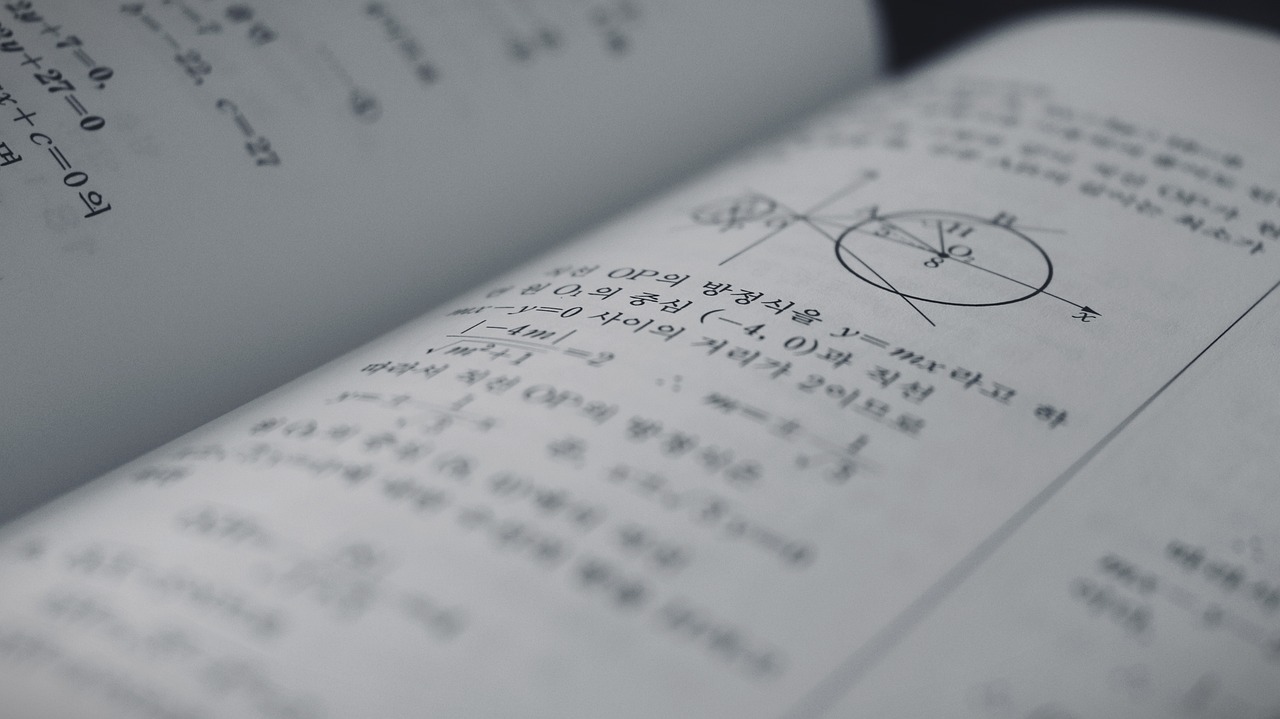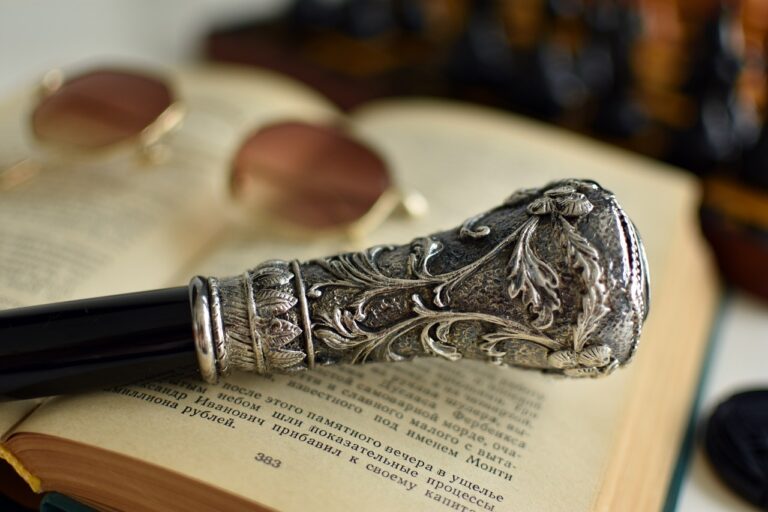The Impact of Educational Toys on Social Skills: Sky247, Gold365 login, Gold 365 site sign up
sky247, gold365 login, gold 365 site sign up: Educational toys have long been hailed for their ability to aid in cognitive development and academic skills in children. However, recent research has shown that these toys can also have a significant impact on the development of social skills in young children.
When children play with educational toys, they are not only learning important concepts like shapes, colors, and numbers, but they are also developing crucial social skills that will benefit them throughout their lives. Here are some ways in which educational toys can positively impact a child’s social skills:
1. Improving Communication Skills: Many educational toys require children to follow directions, listen to others, and communicate their thoughts and ideas. By engaging in play with these toys, children can improve their verbal and nonverbal communication skills.
2. Enhancing Cooperation: Educational toys that involve group play can help children learn how to work together towards a common goal, take turns, and share with others. This fosters a sense of cooperation and teamwork in children.
3. Encouraging Empathy: Some educational toys, such as dolls or action figures, can help children develop empathy and understand the feelings and perspectives of others. Through imaginative play, children can practice putting themselves in someone else’s shoes.
4. Building Confidence: Educational toys allow children to explore and experiment in a safe and supportive environment. As children master new skills and concepts through play, their confidence grows, which can positively impact their interactions with others.
5. Promoting Problem-Solving Skills: Many educational toys are designed to challenge children and encourage them to think critically and problem-solve. These skills are essential for navigating social situations and conflicts effectively.
6. Fostering Creativity: Educational toys that encourage open-ended play and imagination can help children develop creativity and innovation, traits that are valuable in social settings where thinking outside the box is required.
In conclusion, educational toys are not only beneficial for academic development but also play a crucial role in shaping a child’s social skills. By incorporating these toys into children’s playtime, parents and educators can help children cultivate essential social skills that will serve them well throughout their lives.
FAQs:
Q: At what age should children start using educational toys for social skills development?
A: Children can start benefiting from educational toys as early as infancy. As they grow, the complexity of the toys can increase to match their developmental stage.
Q: Can educational toys replace social interaction with peers?
A: While educational toys can help children develop social skills, they should not replace real-life social interactions with peers and adults. It is essential to strike a balance between playtime with toys and playtime with others.
Q: What types of educational toys are best for promoting social skills?
A: Toys that involve group play, communication, cooperation, and problem-solving are excellent for promoting social skills. Examples include board games, building sets, pretend play toys, and art supplies.







